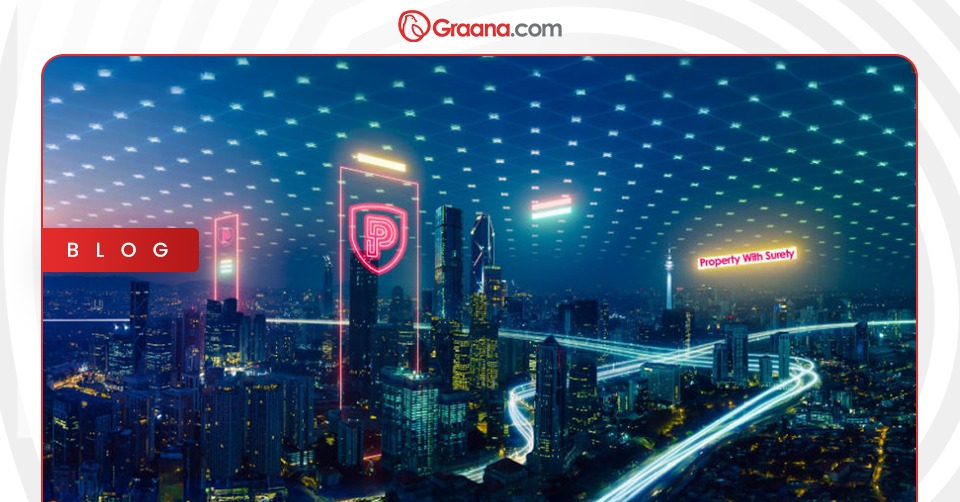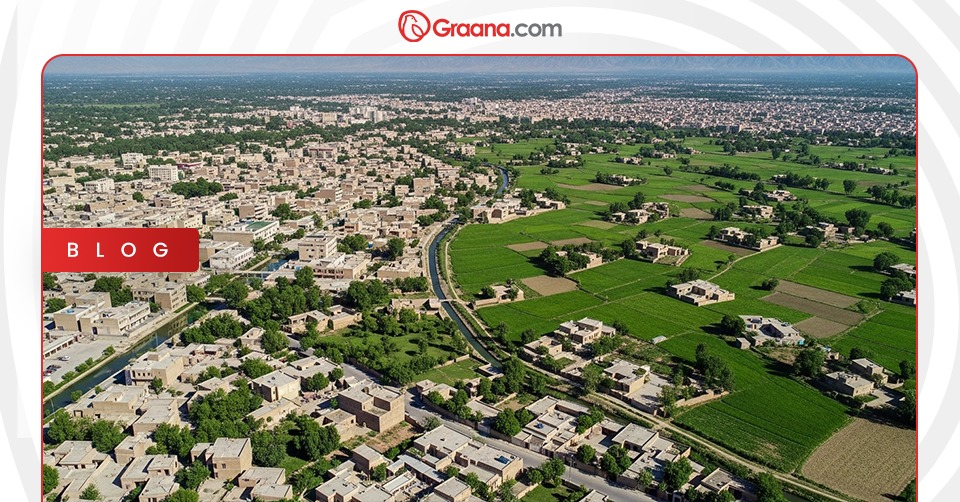In an era where technology is redefining industries, real estate is no exception. PropTech—short for Property Technology—is the force reshaping how properties are bought, sold, managed, and even constructed. From artificial intelligence to virtual reality, PropTech is driving a digital revolution in Pakistan’s real estate sector, offering new levels of transparency, efficiency, and user experience.
In this blog, we explore how PropTech is transforming the property landscape in Pakistan and what it means for buyers, sellers, and investors alike.
What is PropTech?
PropTech refers to the use of technology to streamline and innovate real estate services. It encompasses a broad range of digital tools and platforms that improve the way we interact with property—whether through buying, selling, managing, or investing.
Some of the key technologies under the PropTech umbrella include:
-
Artificial Intelligence (AI): For predictive analytics and automated valuations.
-
Big Data: Enabling insights into property trends, pricing, and investment potential.
-
Virtual & Augmented Reality (VR/AR): Allowing immersive property tours from anywhere in the world.
-
Blockchain: Offering secure, tamper-proof real estate transactions and land records.
-
IoT (Internet of Things): Powering smart homes with automation and energy management tools.
-
Cloud Platforms: Supporting real-time access to property listings and customer data.
Pakistan’s Traditional Real Estate Market
For decades, the real estate industry in Pakistan has been defined by outdated systems, opaque processes, and heavy reliance on middlemen. Manual paperwork, limited access to authentic information, and frequent cases of fraud have discouraged many from confidently entering the market.
This traditional setup often created confusion and delays, whether in evaluating the fair price of a property, finding verified listings, or completing a transaction. The demand for change was long overdue.
How PropTech is Disrupting the Status Quo
PropTech in Pakistan is steadily addressing these inefficiencies. Let’s explore the key areas where this digital revolution is taking shape:
1. Online Property Portals
Web platforms like Graana.com have simplified property search and listing by digitizing the entire process. Buyers can filter listings based on location, size, price, and amenities—eliminating the need to physically visit multiple sites.
2. Virtual Property Tours
Virtual reality is making remote property viewings possible. Overseas Pakistanis and busy professionals can now explore homes and commercial spaces via 360-degree video tours without leaving their location.
3. AI-Powered Property Valuations
AI-driven tools can now assess the value of a property within seconds using market trends, location data, and historical pricing. This reduces human error and brings transparency to pricing strategies.
4. Blockchain and Secure Transactions
Although still in its infancy in Pakistan, blockchain has the potential to prevent real estate fraud. By storing land records and transaction history on decentralized ledgers, it ensures greater security, traceability, and trust.
5. Digital Payments and Smart Contracts
The integration of fintech and PropTech allows for secure online payments and e-agreements, reducing the reliance on physical paperwork and minimizing transaction time.
6. Smart Homes and IoT Integration
From automated lighting and climate control to remote security systems, smart home technology is becoming a growing feature in new real estate projects. This not only enhances convenience but also contributes to energy efficiency.
How Stakeholders Benefit from PropTech
For Buyers:
-
Access to verified, up-to-date listings
-
Virtual visits from the comfort of home
-
Transparent pricing and valuation tools
For Sellers:
-
Larger audience reach through digital marketing
-
Faster listings and real-time updates
-
Data-driven market insights
For Agents & Brokers:
-
CRM tools for managing client relationships
-
Listing management platforms
-
Enhanced brand visibility online
For Investors:
-
Data analytics for identifying high-return zones
-
Risk assessment tools
-
Access to investment dashboards and insights
Challenges to PropTech Adoption in Pakistan
While the advantages are clear, there are still hurdles in the widespread adoption of PropTech in the country:
-
Digital Literacy: Many users are unfamiliar with online platforms or wary of digital transactions.
-
Regulatory Gaps: Pakistan still lacks a clear legal framework for e-signatures, smart contracts, and blockchain-based transactions.
-
Trust Deficit: Concerns about online scams and misinformation hinder platform usage.
-
Infrastructure: Inconsistent internet availability in some regions limits access to digital tools.
What the Future Holds
The PropTech wave in Pakistan is just getting started. As awareness increases and platforms like Graana continue to build user trust, the industry is poised for rapid digital transformation. Key future trends include:
-
Smart Cities: Integration of PropTech in urban planning with digital grids, sensors, and data-driven governance.
-
AI Investment Tools: Helping users predict ROI and identify emerging investment corridors.
-
Real Estate Tokenization: Allowing fractional ownership through blockchain-based digital tokens.
-
Nationwide Digitization of Land Records: A critical step that would unlock immense transparency and efficiency.
Conclusion
PropTech is not just a trend—it’s the future of real estate in Pakistan. With benefits spanning convenience, transparency, and security, technology is bridging the gap between traditional practices and modern expectations.
At Graana.com, we’re proud to be at the forefront of this digital transformation, providing cutting-edge tools and a secure platform for property buyers, sellers, and investors.
Whether you’re searching for your dream home, looking to invest smartly, or planning to sell, embracing PropTech ensures you’re one step ahead in Pakistan’s evolving real estate market.




